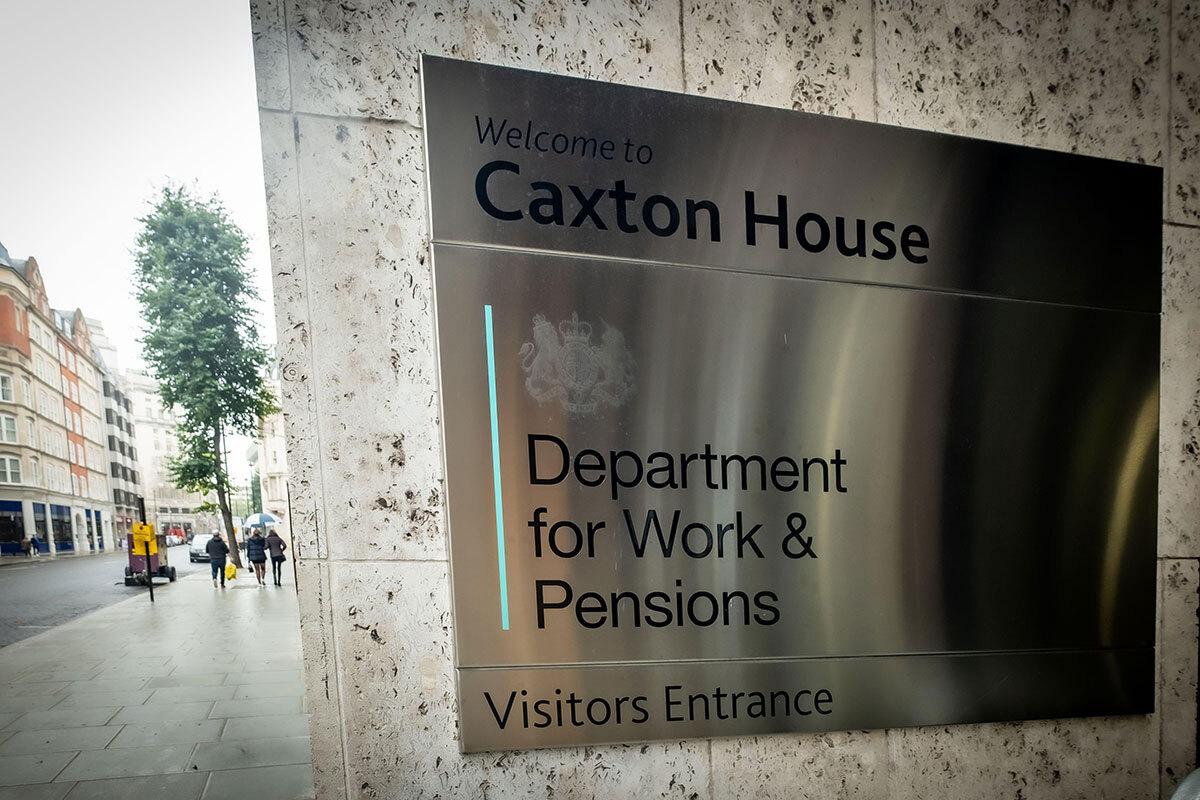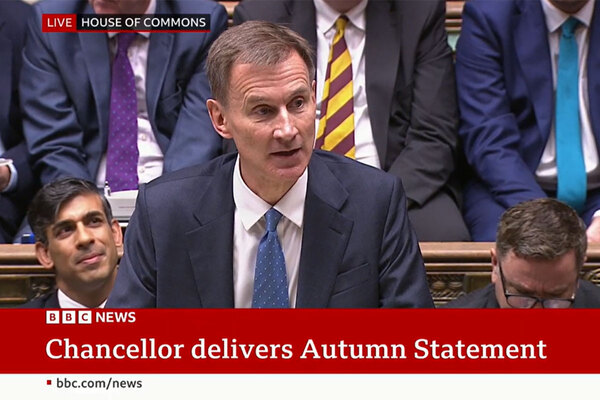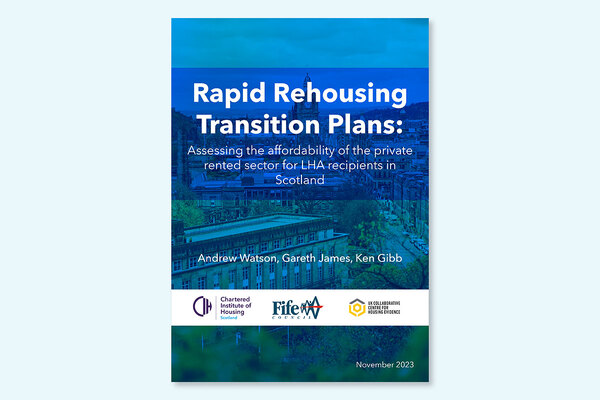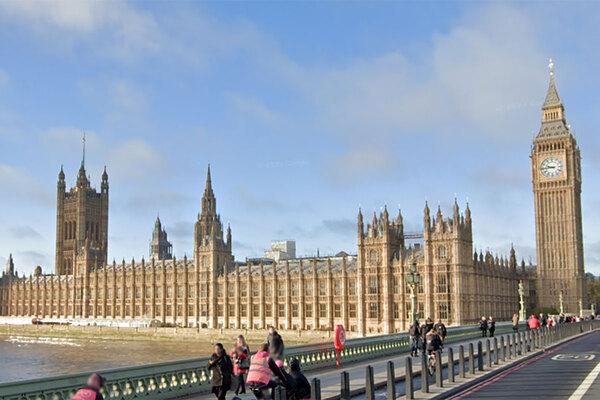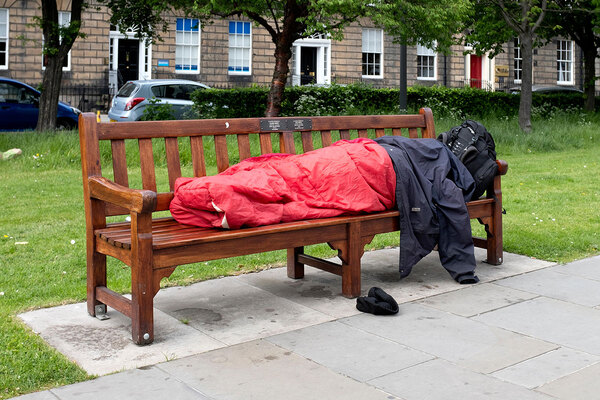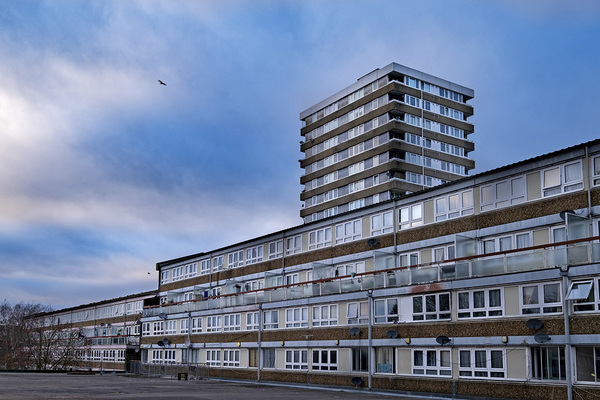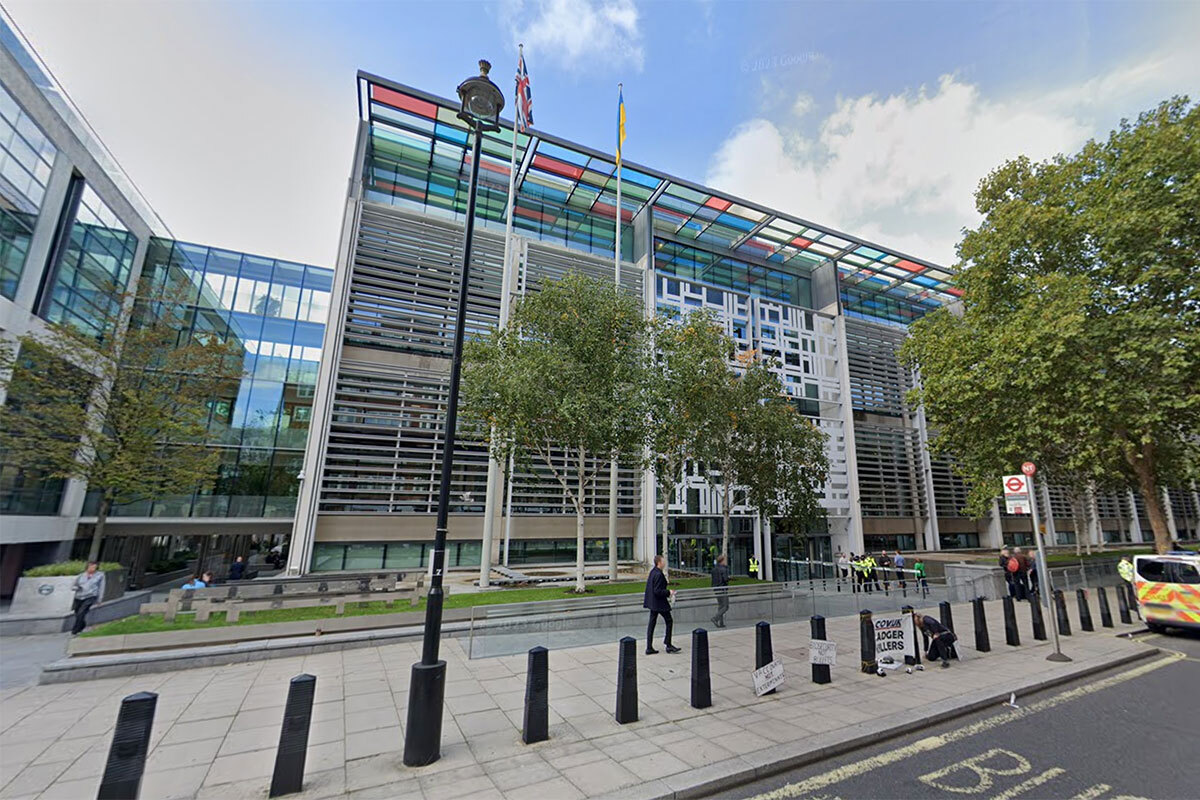You are viewing 1 of your 1 free articles
Private landlords to receive six times more than the government spends on affordable housing in five years
A new study has found that the UK government is set to pay landlords in the private rented sector (PRS) more than six times the total spend on the Affordable Homes Programme (AHP).
An analysis of the latest data by the New Economics Foundation (NEF) found that PRS landlords will receive around £70bn in housing support payments in between 2021 and 2016.
In comparison, the government’s total spend under the AHP in this period is £11.5bn.
The research follows the announcement in November that the government would unfreeze Local Housing Allowance (LHA) rates to cover 30% of local market rents, after being frozen since 2019.
The uplift is supposed to help ensure those claiming assistance would be better protected against increases in private rents, which are currently rising on average at 6.2% year on year.
A recent poll by the NEF studying the treatment of renters in the PRS found that almost 40% of private tenants who moved within the past year are paying an average of £1,200 a year above the advertised rate.
A similar number are also experiencing damp and mould in their property.
Alex Diner, senior researcher at the NEF, said: “Everybody should have an affordable, warm and secure home to live in, yet the government is spending billions subsidising a broken system which too often fails to deliver this.
“It is extremely inefficient for the government to be paying this money to private landlords when it should be building more new genuinely affordable homes and improving the quality and security of tenure for the homes we already have.
“To overcome this mess, the government must build more social homes to meet the rising demand for affordable housing, reverse its U-turn to loosen energy-efficiency standards in the private rented sector and improve its plans to regulate private renting.”
The NEF poll also found that more than 20% of respondents have seen their landlords raise the rent midway through the tenancy without agreement. Also, almost 20% reported concerns about the environmental standards of the property to their local council.
In response, a Department for Work and Pensions spokesperson said: “This government is focused on improving the lives of people across the country, that’s why we are growing the economy, creating jobs and halving inflation.
“Our LHA new increase will put around an extra £800 into the pockets of 1.6 million private renters on the lowest incomes.
“We also continue to invest in our £11.5bn AHP, delivering tens of thousands of homes for people to buy and rent across the country, while changes to our landmark Renters’ Reform Bill will crack down on rogue landlords.”
Previous NEF research highlighted that closing a tax loophole could raise enough money for 31,000 new social homes annually.
A report by the thinktank in October, together with the Homes for Us coalition, estimated that up to £5.7bn a year could be raised through higher stamp duty and by closing the National Insurance tax loophole open to “wealthy UK property hoarders”.
Sign up for our care and support newsletter
Already have an account? Click here to manage your newsletters
